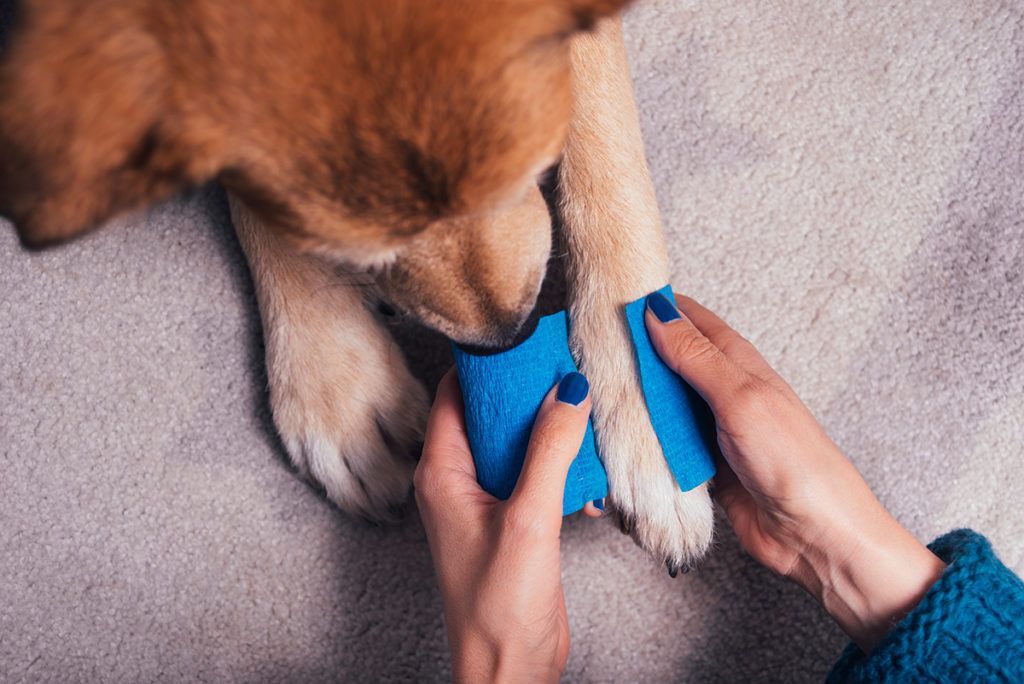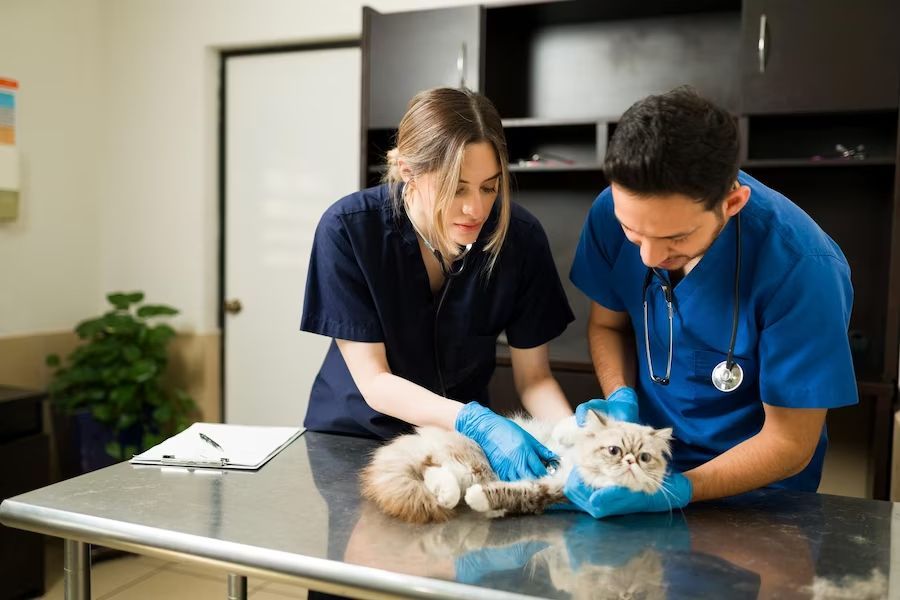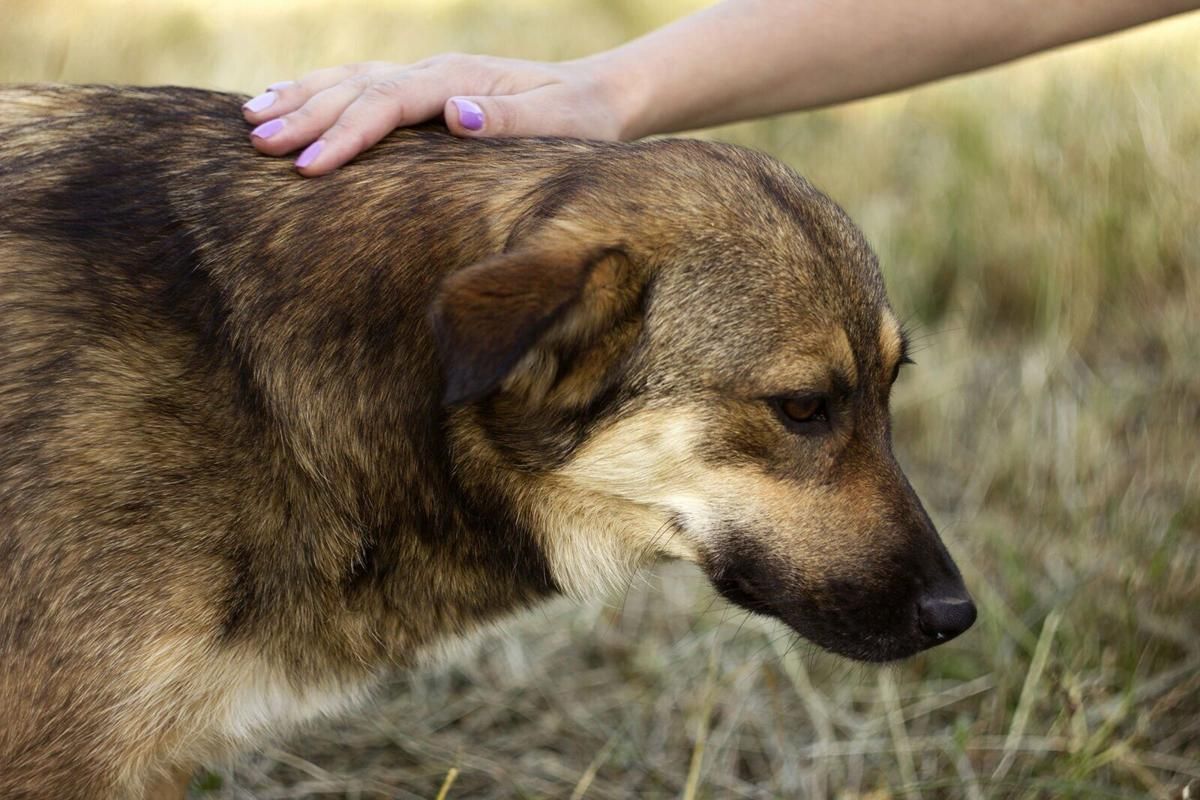Parrot Fever: What it is and When it’s an Emergency
Have you ever heard of parrot fever? Parrot fever is the common name for a serious disease that is common in a variety of birds—not just parrots. If you’re new to bird ownership or you’re thinking about bringing home a pet bird, it’s important to brush up on everything you need to know about parrot fever to protect your pet as well as your family.
In the article below, we’ll give you a quick rundown of the basics about parrot fever. With the help of this information, you can learn how to prepare for this risk and what to do if it happens to your pet.
If you ever have any questions or concerns about your bird’s health, you should always consult with a veterinary professional. Whether the question involves an emergency or not, it’s important to be aware of what’s going on with your pet to make sure they get any necessary treatment.
What is Parrot Fever?
Parrot fever is an illness that affects parrots, cockatiels, and budgies most commonly, but can affect any bird at any time. It may lead to sudden, unexplained death in some pet birds, and it can also cause long-term chronic illness in others.
Although parrot fever is a commonly recognized name for the disease, it is also known scientifically as Psittacosis, Chlamydophilosis, or Chlamydiosis. Despite the name, it is unrelated to the type of Chlamydia known as a sexually transmitted disease in humans.
What Causes Parrot Fever?
The cause of parrot fever can be traced to a microorganism known as Chlamydophila psittaci. This organism is a bacteria which lives within the host’s cells. It has several strains (or serotypes) as well as a complicated life cycle inside and outside of the host, which can make treatment and eradication challenging.
Parrot fever can be caused by by eating or breathing infected dust from other birds, or by breathing or eating feces from other birds. Many birds who have been kept at pet stores, rescues, or boarding facilities are at an increased risk of contracting parrot fever.
6 Common Parrot Fever Symptoms
When learning about this illness, one of the most important things to know is the symptoms. By knowing some of the more common parrot fever symptoms, you’ll be able to identify when your pet has potentially contracted this condition and when you need to take them to the vet or emergency vet.
Below are 6 parrot fever symptoms to be aware of:
Wet Droppings
Wet droppings (similar to diarrhea in mammals) are common symptoms associated with parrot fever at all stages.
Lime Green to Yellow Waste
If the parrot fever is causing damage to the bird’s liver, the urates and feces may be lime green or yellow in color.
Breathing Trouble
Birds who are very sick with parrot fever may have difficulty breathing.
Shivering
If your bird is running a fever from this illness, shivering may be present.
Loss of Appetite and Weight Loss
A sick bird will be less likely to want to eat. This will cause weight loss over time as well.
Oculonasal Discharge
Finally, another symptom that can be associated with parrot fever is oculonasal discharge. This symptom is actually fairly common with this condition, so you’ll likely see this happening to your bird if they’re suffering from parrot fever.
Parrot Fever Treatment Options
Similar to other illnesses, parrot fever treatment options depend on how serious the condition is. Your veterinarian or emergency vet will examine your pet to find out what the best course of action is for treatment.
Antibiotics
Birds who have mild to moderate parrot fever can be treated with an antibiotic. Due to the bacteria’s complicated life cycle and the fact that the antibiotic can only kill the bacteria when it is active and replicating, the antibiotic must be administered for a minimum of 45 days to be effective.
Anti-Yeast Medications
Birds also need to be given anti-yeast medication to reduce the risk of a secondary yeast infection from this illness. Birds who are very severely sick may not be able to be treated, but only your exotic animal vet will be able to tell you for sure.
Important Parrot Fever Risks to Know
Now that you know what this illness is, what its symptoms are and the potential treatment options, it’s important to know the risk factors that can come with parrot fever. Due to the risks below, you should get your pet treated for parrot fever as soon as possible in order to help protect you, your pet, and other birds.
Severe Cases of Parrot Fever Can Cause Death
Birds may be at risk of death if they become severely ill from this condition and do not receive prompt treatment from an experienced vet. Birds who do not die from the disease may become chronically ill for the rest of their lives.
Parrot Fever in Humans is Possible
However, one of the greatest risks of parrot fever is the potential to spread it to humans. Humans can contract parrot fever by breathing dust or feces from an infected bird as well. This illness causes severe chills, fever, headache, muscle aches, and fatigue in humans. It may also cause vomiting and diarrhea, which can lead to dehydration in humans who go untreated, just like it might in birds.
The symptoms of parrot fever in humans may mimic many Covid-19 symptoms, and some bird owners may mistake one illness for the other. Since both require different treatment and management solutions, it’s important to make sure you’re taking care of the right problem if you get sick.
Be sure to get tested for both if you become sick and have a sick pet bird as well.
Bring Your Pet to 24/7 Local Veterinarian if They Have Parrot Fever
Parrot fever is always a cause for concern when you have a pet bird, and especially if you have a parrot, budgie, or cockatiel. By educating yourself on this problem before you ever adopt a pet bird, you can take steps to reduce the risk of your bird (or your family) catching this illness.
If you need more information about parrot fever or if you’re concerned your pet may have it, talk to your vet. Your vet will help you understand this illness more thoroughly in relation to your specific bird.
Because of the severity of parrot fever, if you think your bird may have this illness, bring them to any of our 24/7 Local Veterinarian locations immediately. Our emergency veterinarians are well-equipped and are available 24/7 to handle any exotic pet emergency you may encounter. Call to speak with our team or bring your pet straight in if you’re concerned about their health.
Contact with your local vet for the best advise
Resource Center









